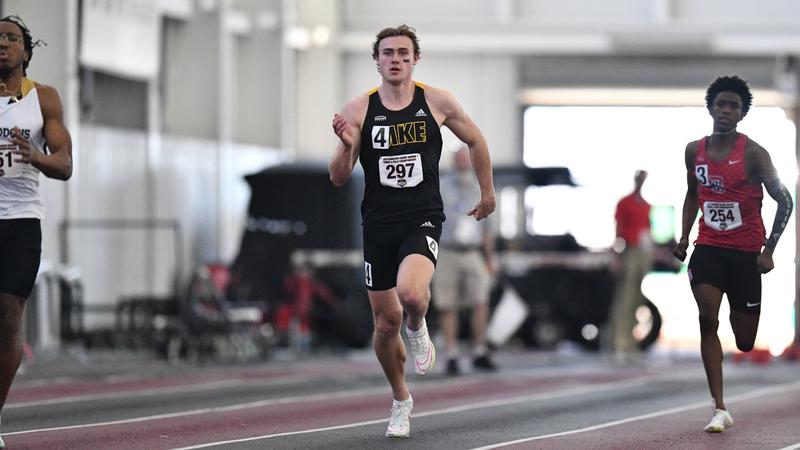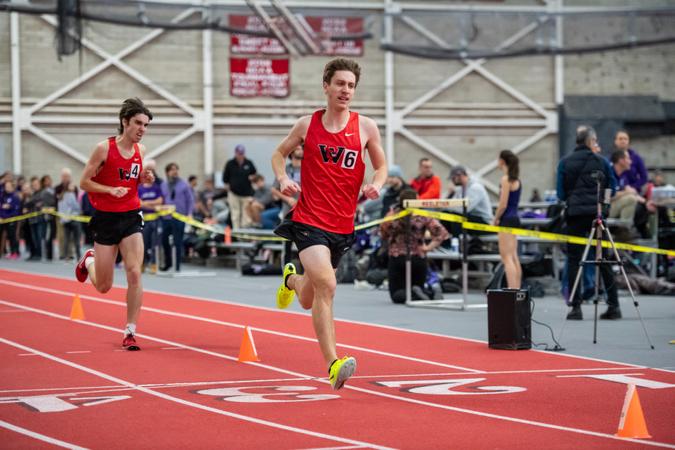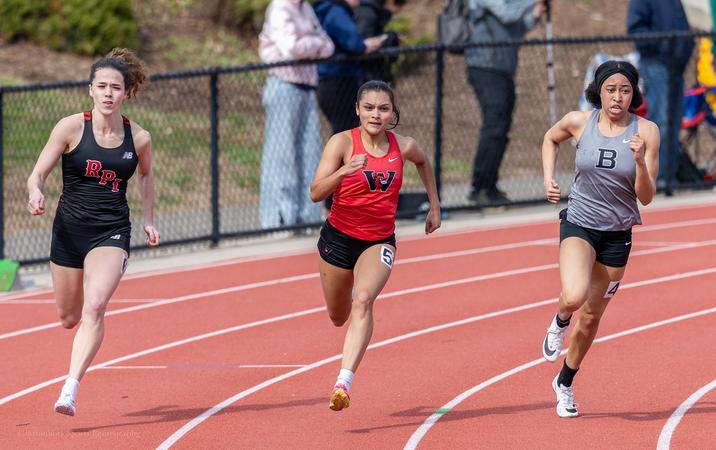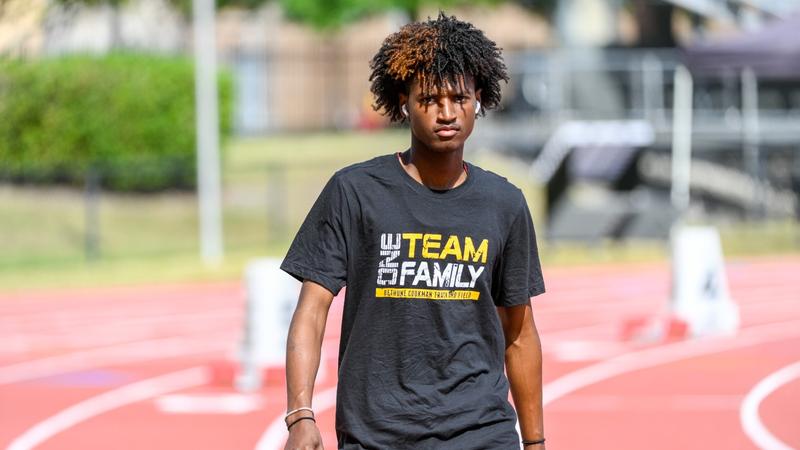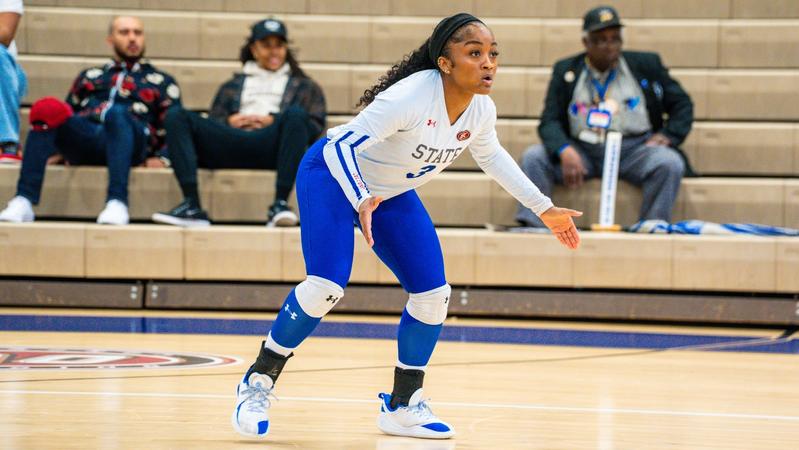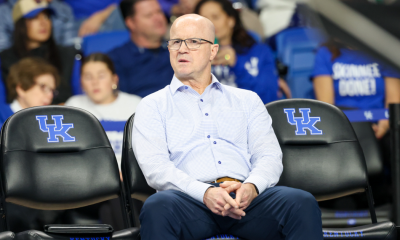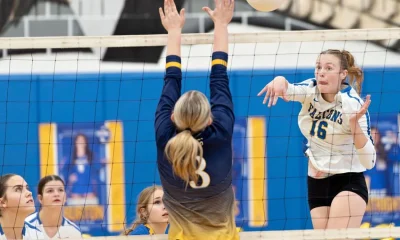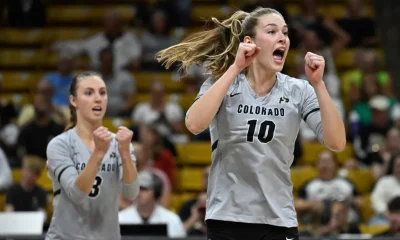There are only two more days until the Women’s College World Series, one of the biggest annual events in Oklahoma City, returns.
Preparations are underway at the Devon Park, and businesses in the area are also prepared for the influx of people flocking to the area. More than 100,000 people will come to Adventure District during the softball showdown.
“Softball in general brings over $40 million a year in economic impact to our city,” Tiarra Harper, marketing coordinator of the OKC Adventure District, said. “Annually, the Adventure District sees about 10 million visitors a year. The Women’s College World Series brings in 110,000 of those visitors.”
Hundreds of thousands of people will watch the top eight teams compete for an NCAA National Championship.
>> Video Below: Sooners look to defend title as field is set for the Women’s College World Series
It is an event that Oklahoma City Mayor David Holt calls “one of the greatest events in sports.”
“It’s one of the biggest,” Harper said.
The Adventure District said businesses prepare early for the influx of people, from fan-favorite attractions to new places for people to try this year.
“We have right across the street the Firefighters Museum, which has a lot of interesting information. We have the Oklahoma City Zoo, Science Museum Oklahoma, the National Cowboy and Western Heritage Museum,” Harper said. “You might want to stop by Boombox Beach Club. It’s our newest attraction, and it is open late night, so after you wrap up your games, go by there and play a couple rounds of indoor beach volleyball.”
The Women’s College World Series starts Thursday and will run through a best-of-three championship series from June 4 to 6.
The event could overlap with the Thunder if the NBA team continues its run toward the NBA Finals. Those with the Adventure District said they are ready for the opportunity to serve hundreds of thousands of visitors.
Top Headlines




